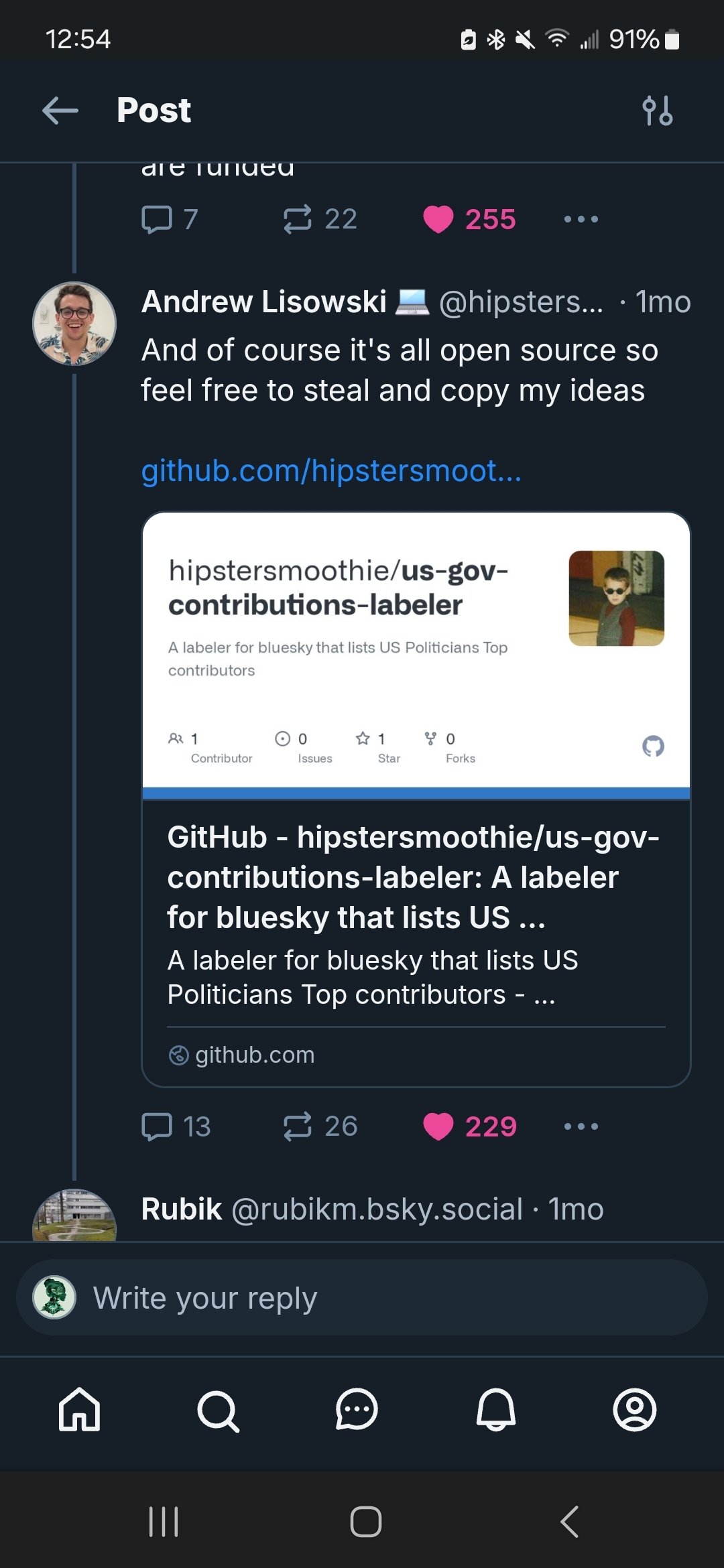Doesn't the citizen app do that as well?
Is Literature.Cafe down?
I'm completely unable to login, and whenever I attempt to click on any page about Literature.Cafe online, I just keep getting an error message.
Somebody should call her Madam President to her face.
Am I the only person who thinks that this image should be made into a meme?
Like, keep posting it relentlessly and force the right-wingers to keep constantly seeing it?
I kind of like the algorithm idea that Neptune (a potential Tiktok replacement) plans on having.
https://www.tiktok.com/t/ZT2dbYBKj/
It plans on giving users different sliders, such as:
Following
Friends
Trending
Categories
etc.
https://www.tiktok.com/@theneptuneapp?_t=ZT-8tE7t6KDR5m&_r=1
Or maybe something like Fedialgo?
Or maybe perhaps something like Bluesky's Algorithmic Custom Feeds, but adapted for Fediverse Social Media?:
https://docs.bsky.app/docs/tutorials/custom-feeds

https://bsky.app/profile/hipstersmoothie.com/post/3lbl2lgnq7c2f
Plus it's open source, and Andrew has explicitly stated that he doesn't mind if other people steal the idea and use it.
I just created new communities for the pairings, and they're now based off of
@literature.cafe,
instead of
Lemmy.World
Thank you very much.
I thought of it when I noticed that most Lemmy Instances disable media hosting due to storage and bandwidth limitations.
When i asked around, the people who I asked kept recommending me PeerTube and Pixelfed.
But, at least IMO, while still great Fediverse Platforms, not that great at hosting media for other platforms.
Damn, you caught me
/s
No, i wrote it.
He also has:
Discord: https://discord.gg/FGkq524A
Youtube: https://youtube.com/@thegodpod?si=Ks-WMI3tfijCVbLo
Twitch: https://m.twitch.tv/TheGodPod/home